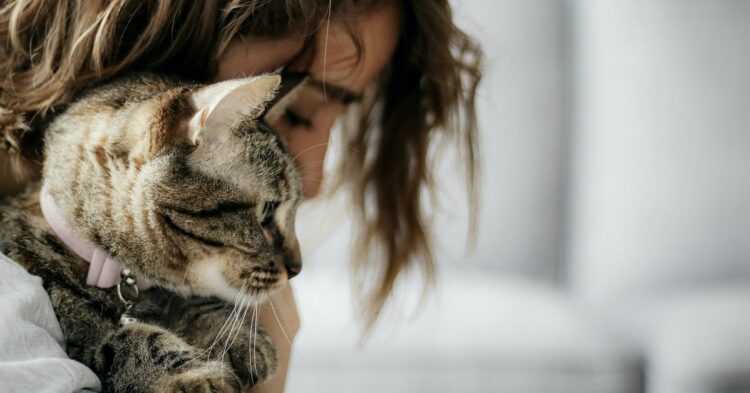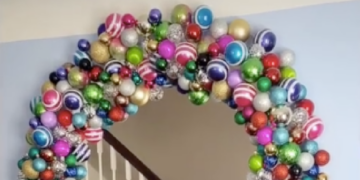Have you ever wondered what your cat does while you’re away all day? Does your furry friend eagerly await your return, or do they simply carry on with their day? Many cat owners speculate on their feline’s true feelings, but let’s dive into what might be going on behind those mysterious, whiskered faces.
Positioning Near Entrances
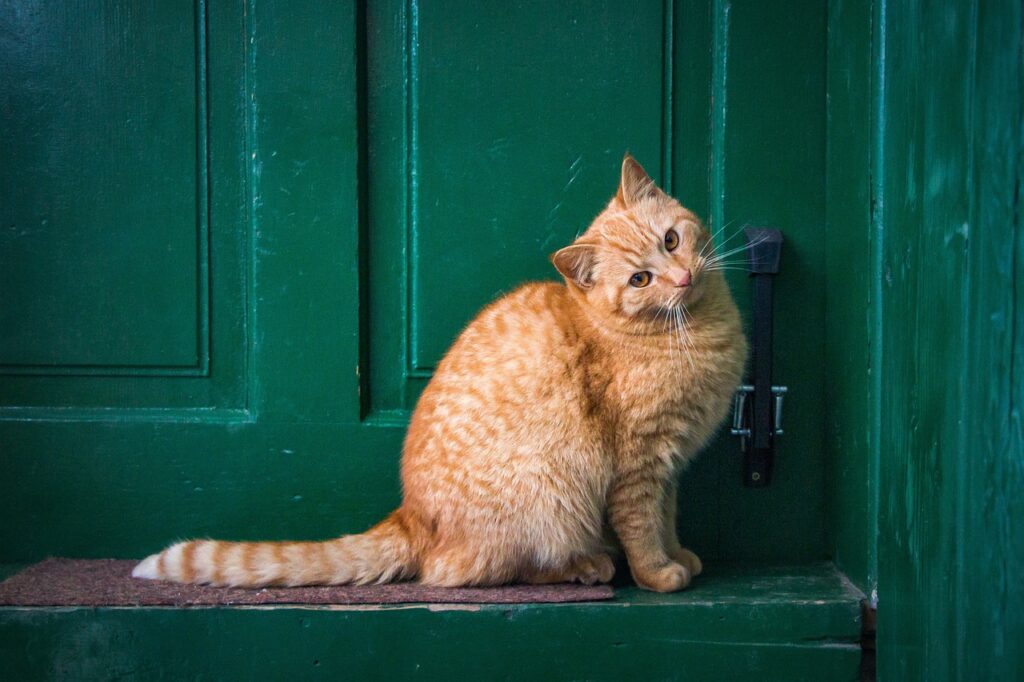
If your cat seems drawn to sitting by the front door or a window facing the street, it might not just be a coincidence. Animal behaviorists suggest this could be a sign they’re keeping an eye out for you, perhaps even anticipating your return. They might plop down and watch outside intently, waiting for a familiar face to appear.
Increased Affection Upon Return
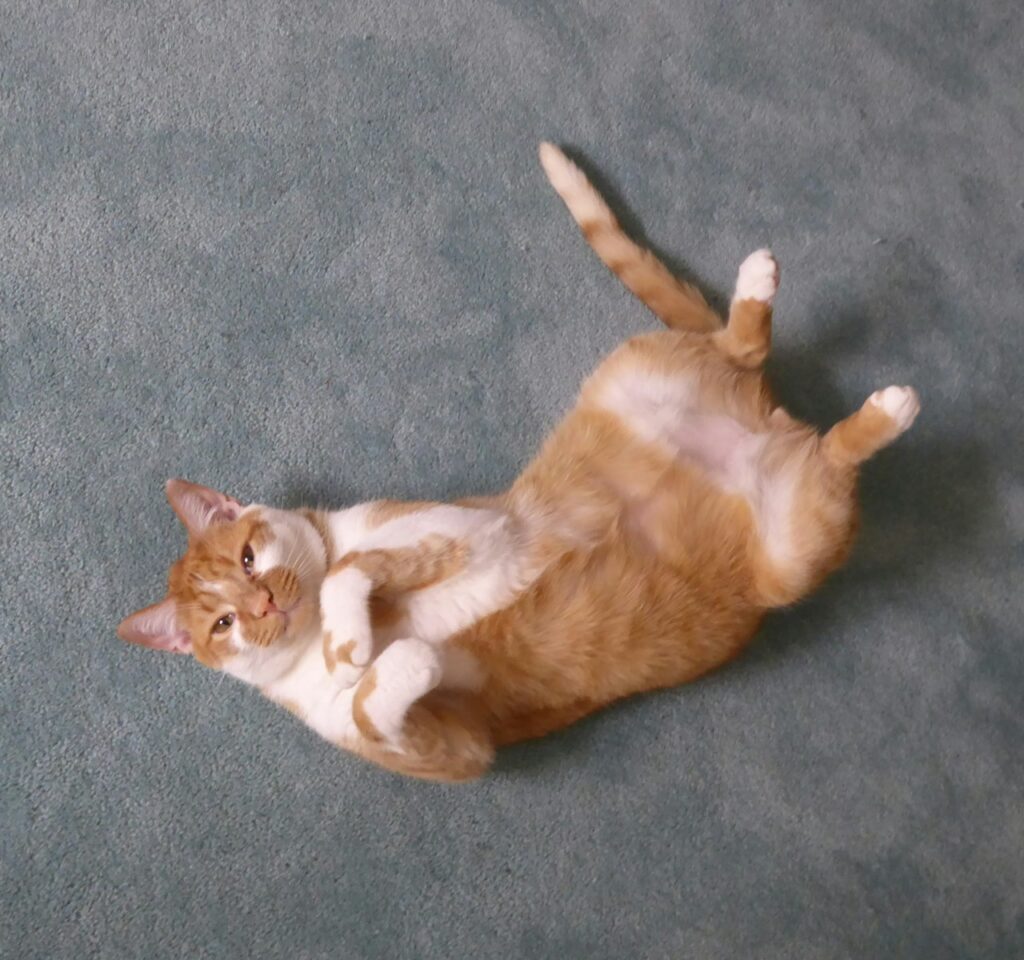
Does your typically aloof cat suddenly become a ball of affection when you walk in the door? You might notice more energetic greetings, like head nuzzling, purring, or weaving between your legs. My own cat, who usually greets me with a flick of her tail, turns into a cuddle machine after I’ve been away for a while, rubbing against my feet as if to say, “Where have you been?”
Following You Around
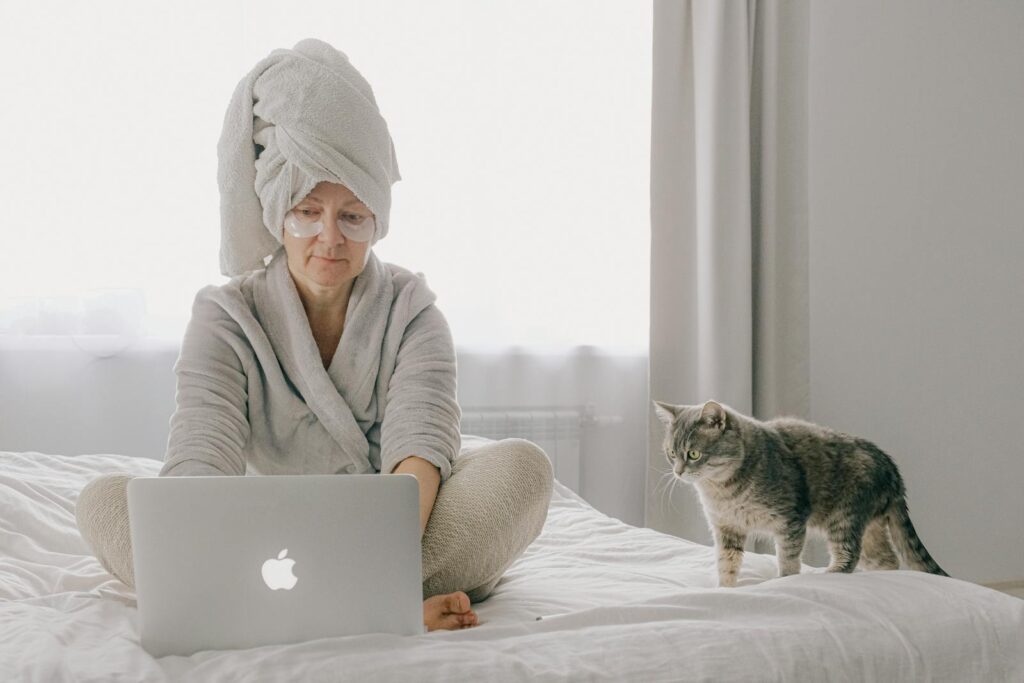
Once you’re home, do you have a furry shadow? Cats that stick unusually close by your side as you move around the house may be trying to reconnect after time apart. They don’t want to lose sight of you now that you’re finally back!
Meowing or Calling
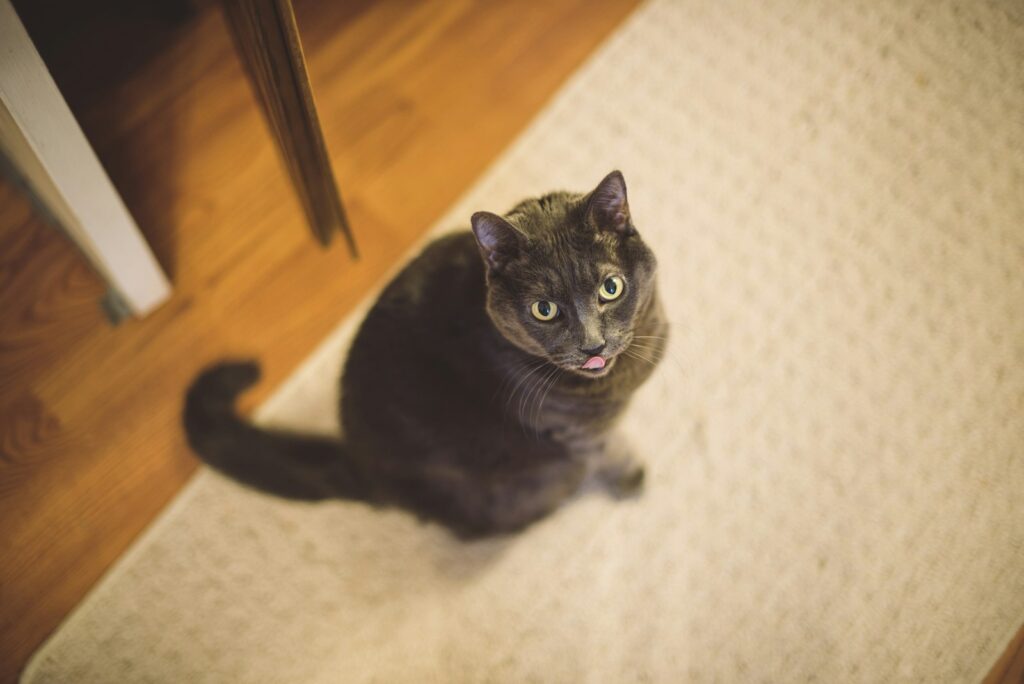
Ever heard plaintive meows coming from your cat while they’re alone? It’s almost as if they’re calling out for you, checking if you might just be in the next room. This vocal behavior might indicate they’re feeling your absence more than they let on. My kitty seems to occasionally do this when I work upstairs in my office.
Clock Watching
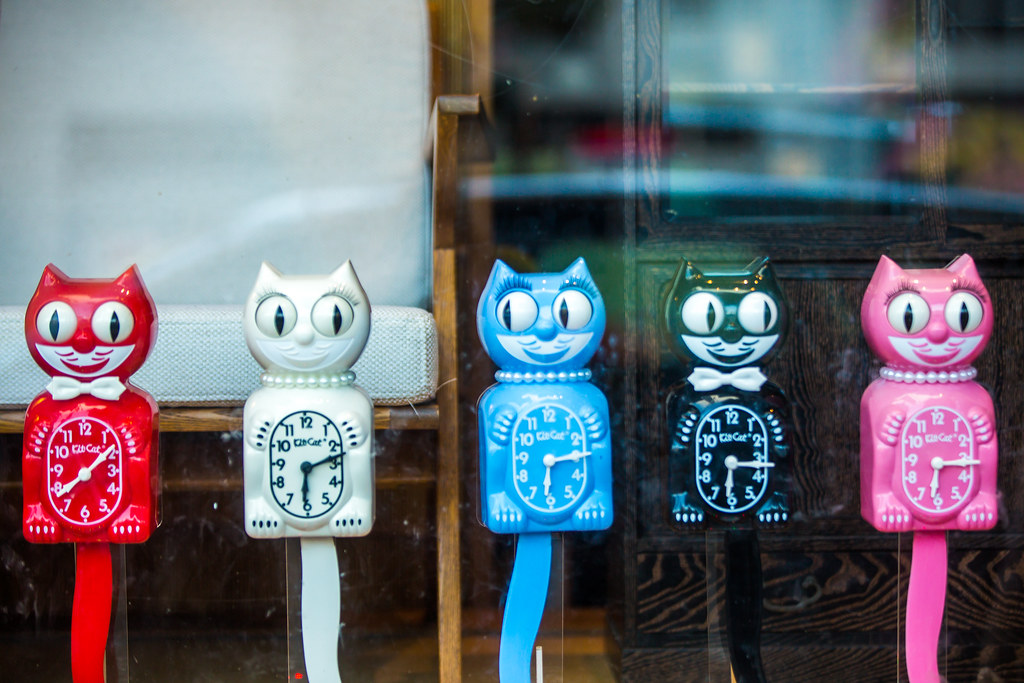
Anecdotal stories describe cats waiting by clocks or calendars, seemingly anticipating their owner’s return. While it’s not scientifically proven, these stories add to the charm of imagining that your cat knows exactly when you’re due home.
Cognitive Maps and Routines
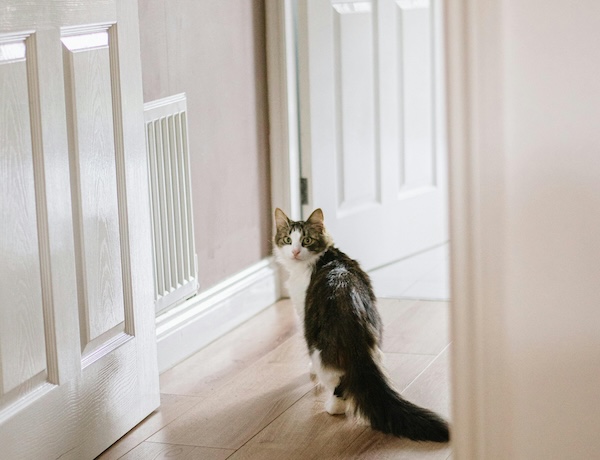
Research shows that cats maintain cognitive maps of their homes and daily routines. They recognize when and where family members usually are, and may feel a bit off-kilter when things don’t align with their expectations. I’ve noticed that when I break from routine, my cat seems just a little more on edge, almost as if she’s wondering what’s going on.
Stress Hormones
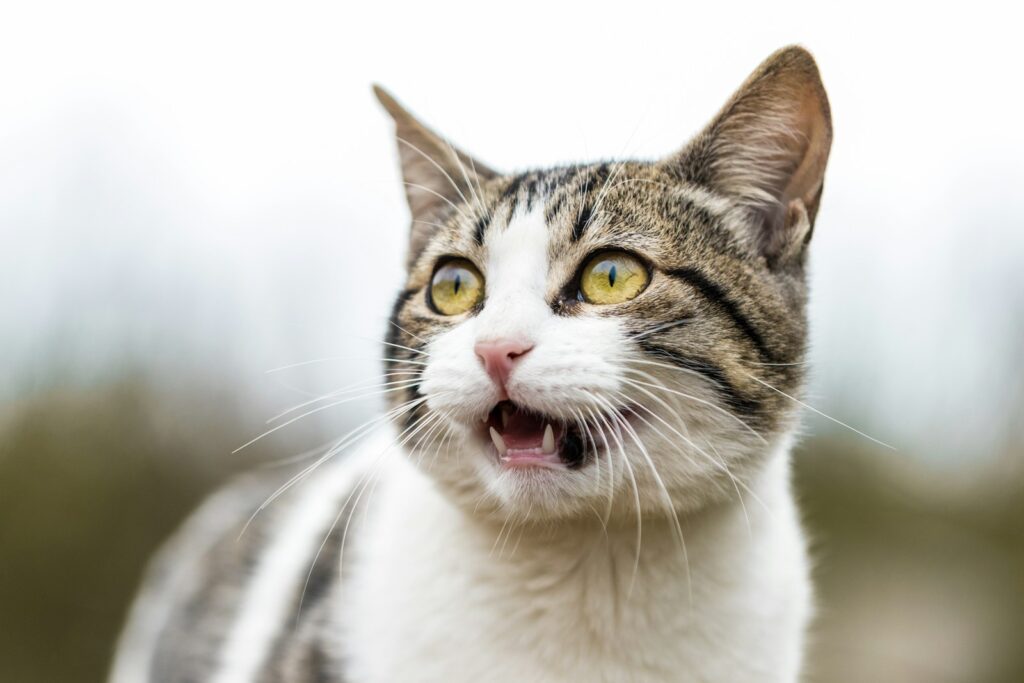
Studies have found that cats left alone have higher levels of stress hormones like cortisol. This suggests that, while they might not be pacing the floors, they do experience some distress when you’re not around.
Over-Grooming
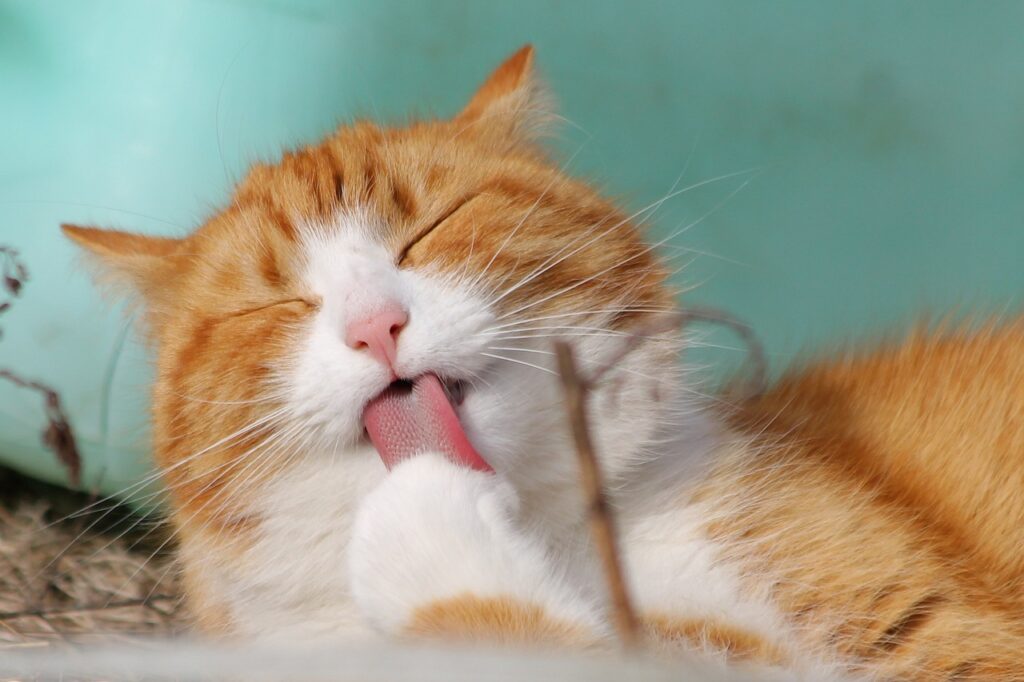
In one study, cats were recorded on video while home alone, and researchers observed more behaviors tied to anxiety, like over-grooming, during longer periods of absence. It seems that, for some cats, solitude can lead to a bit of nervous self-care.
Self-Entertainment
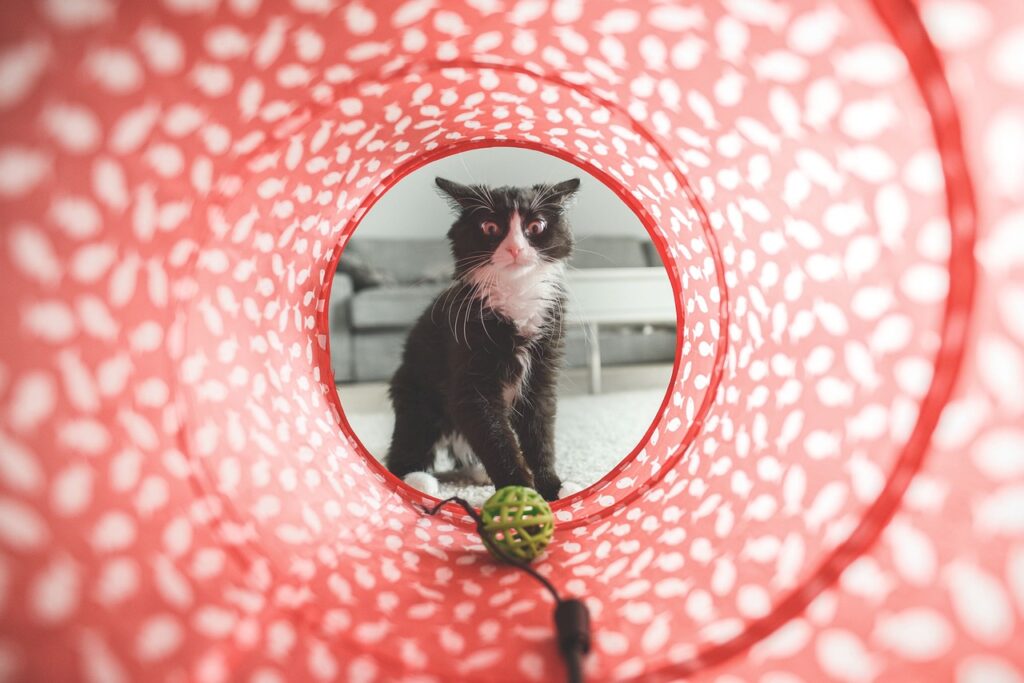
Well-adjusted indoor cats with toys and interactive feeders might find ways to entertain themselves once the initial distress of your departure passes. So while they might miss you, they’re also quite capable of keeping busy.
Independent Natures
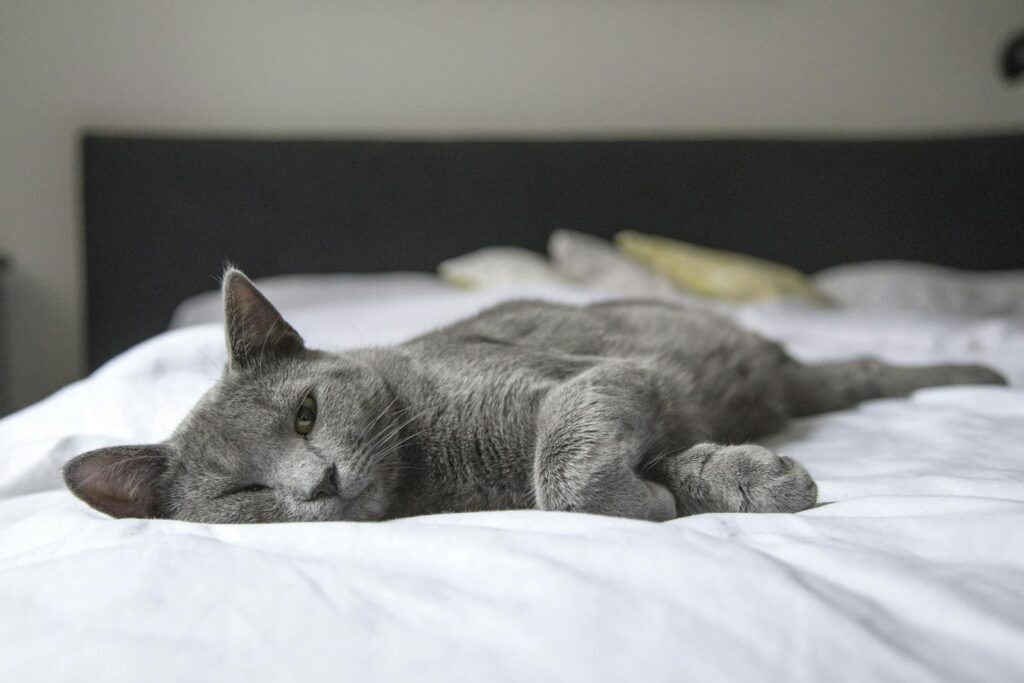
There’s little evidence that cats pace by doors or windows the whole time you’re gone. Most cats adapt and find other ways to occupy themselves, demonstrating their famously independent natures. My cat certainly embodies this—sometimes she doesn’t even notice I’ve left, especially if she’s been napping.
Reunions Matter
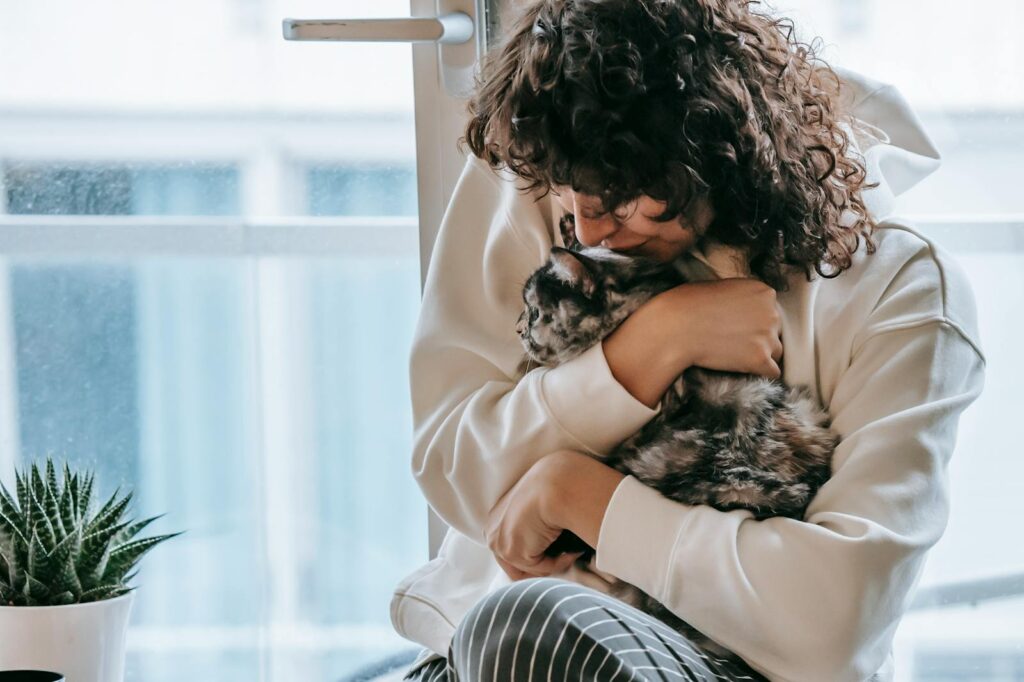
Even if your cat doesn’t wait by the door, research shows that reunions can be meaningful bonding experiences. Cats form attachment bonds with their caretakers, gaining a sense of security from familiar people.
Joyful Reactions
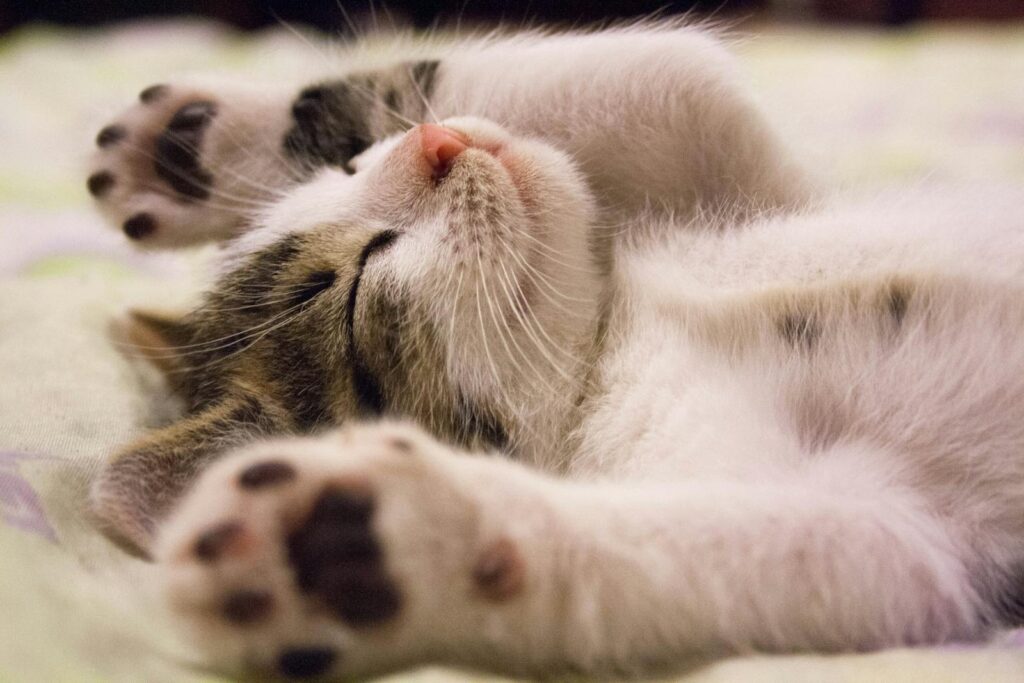
Seeing you again can trigger joy and contentment responses in your cat’s brain. It’s as if they’re thinking, “Ah, my human is back, all is right with the world again.”
Positive Reinforcement
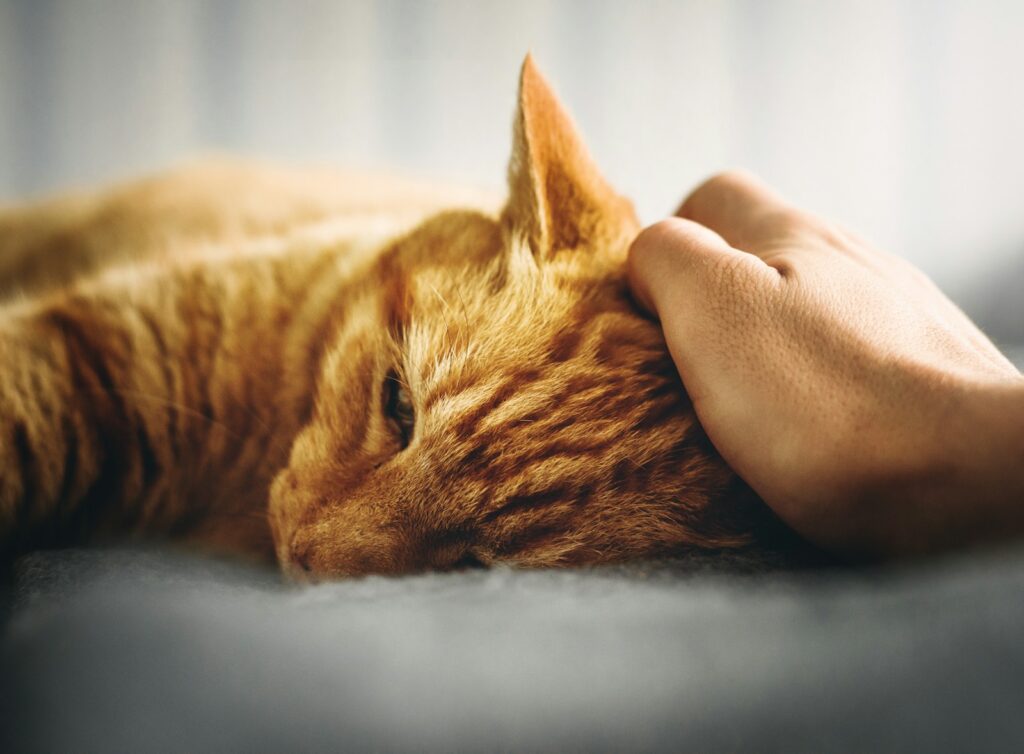
Making a fuss over your cat when you get home, with pets and affection, strengthens your bond. Positive reinforcement through these little rituals can make your reunions even more special.
Quality Time After Reunions
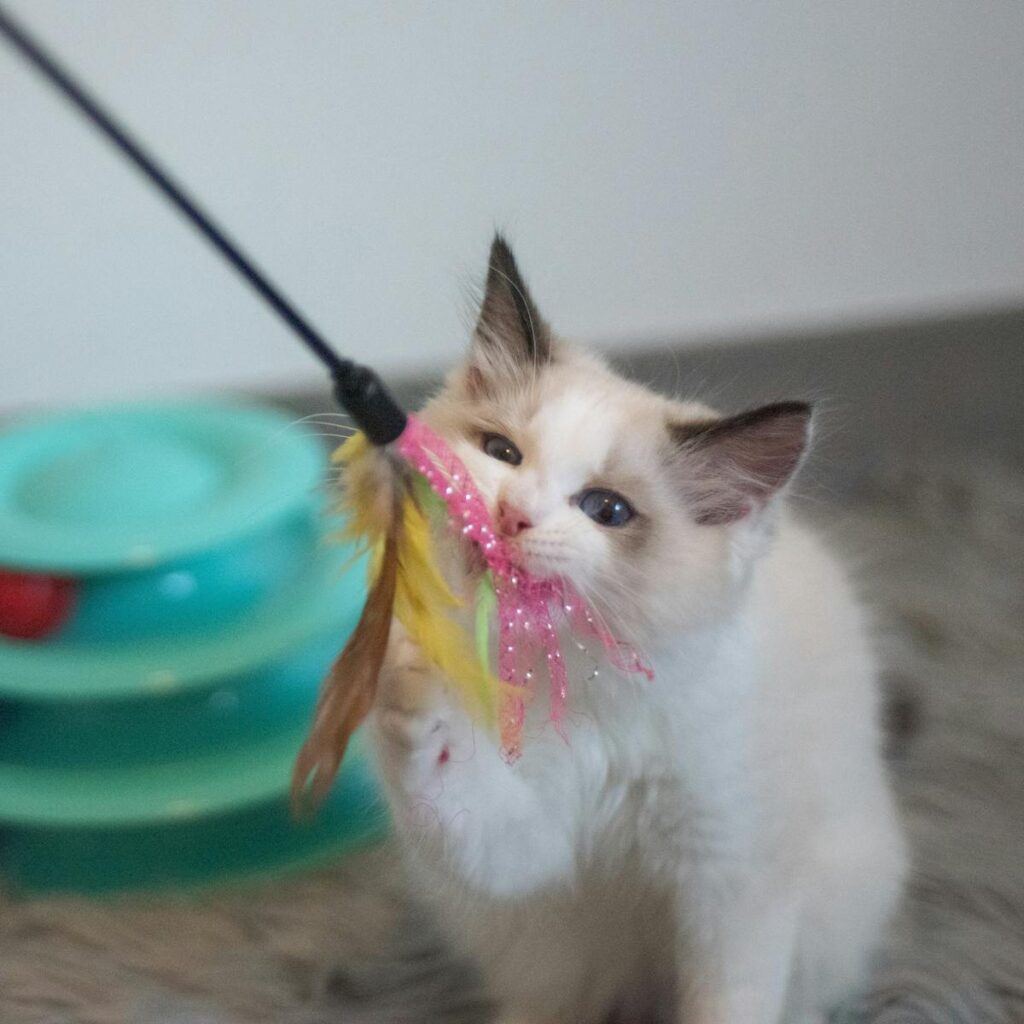
Playing interactive games or doing training sessions shortly after you return home can satisfy your cat’s need for mental and physical stimulation. This quality time is more important to them than just being in the same space.
They Certainly Do Miss Us!
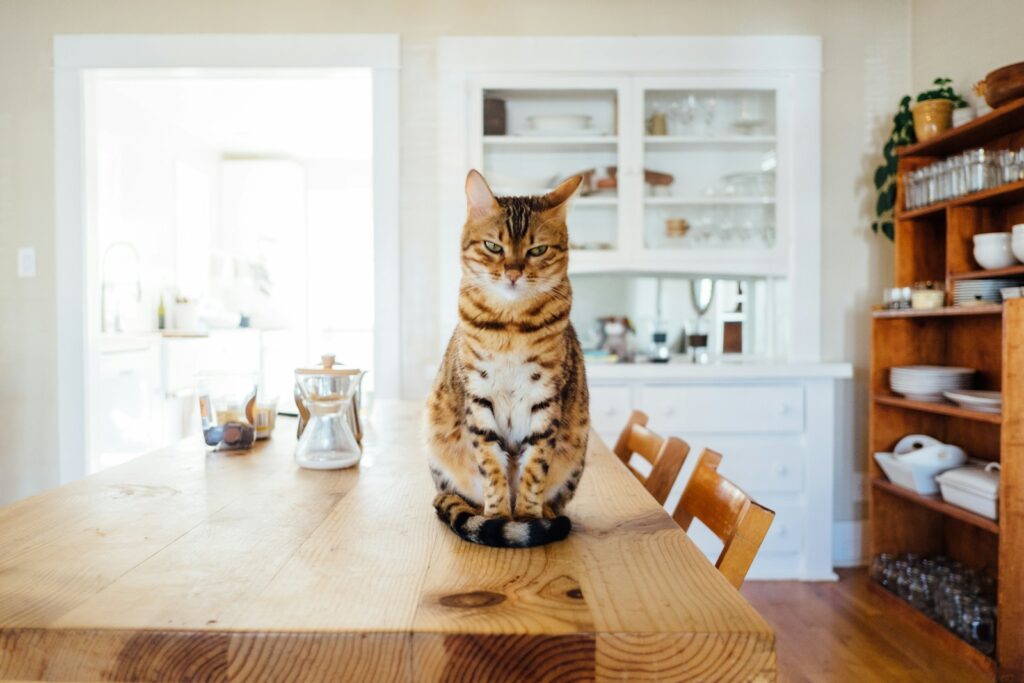
So, while your cat might not be pacing by the door all day, the love and excitement they show when you walk through that door are genuine.
Whether it’s a big affectionate greeting after a long absence or just a curious sniff of your grocery bags, these little gestures remind us that our feline friends do miss us—just in their own unique way.











































